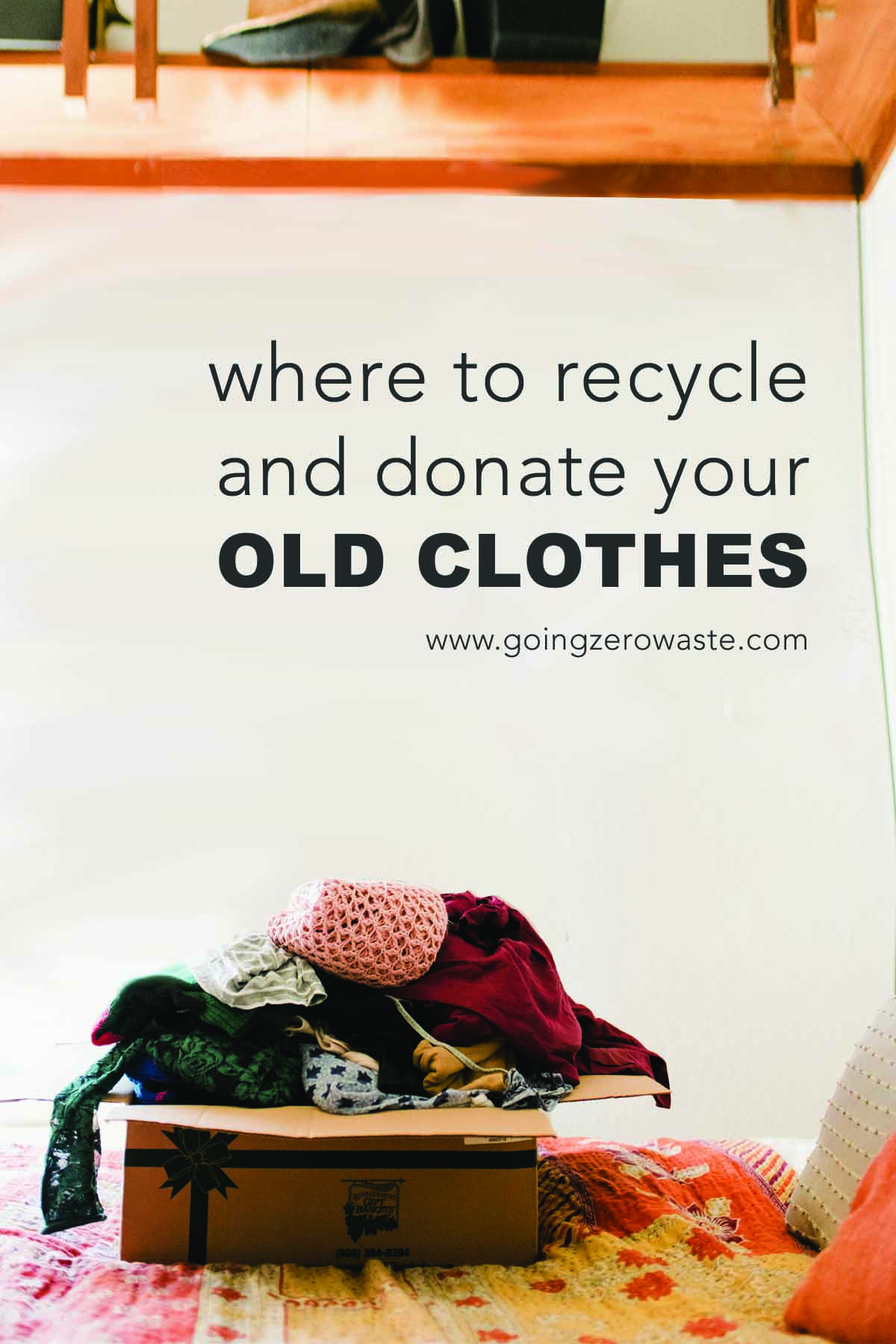Welcome back to this new series on recycling. If you missed it, check out my first post in the series called How to Recycle Metals the Right Way!
There is a lot of mystery around recycling. Each municipality accepts different items making it even more difficult to figure out what is and what isn't recyclable.
I think a lot of people want to recycle properly, they're just a little confused on where to start. So, here's my guide to recycling paper.
Of course, always check with your own waste management facility, and remember the zero waste lifestyle is about recycling less NOT more.
As a reminder at the beginning of 2018, China, the main global buyer of recycled paper products, stopped accepting ANY paper bales with a 1% contamination rate or higher. The best recycling facilities are operating at a 4-5% contamination rate.
It is so important that we recycle properly to try and get to the 1% rate.
important note on recycling paper:
The most important thing for recycling paper is that there is NO contamination in the recycling bin. This means that bottles and cans need to be empty of all liquids. Other food containers like yogurt tubs and pasta sauce jars should be rinsed.
Any food, soda, beer, etc. that gets on the paper renders it unrecyclable and can ruin and entire bale.
cardboard boxes:
With the onslaught of online shopping we have more cardboard boxes than every before. These boxes are completely recyclable. You do NOT have to remove the tape and the labels (unless it's excessive like tape all around the box), but you should break the boxes down.
Before recycling these boxes you should try to find a local business that will accept used shipping boxes for their own shipping needs.
This way the boxes can be reused. We should try to keep our resources in play for as long as possible before recycling. Remember, recycling is a last resort.
We should first reduce the amount of products we're consuming that come in cardboard boxes. Then we should reuse the cardboard boxes as many times as possible. Only when the cardboard box can no longer be used, should we recycle them.
brown paper:
Brown paper is recyclable, but once again, before recycling see if someone else will take it and reuse it.
You can save it for place mats, for labeling a cheese board for a party, or even wrapping presents!
printer paper:
Paper that comes out of your printer, bills, note book paper all of that is recyclable. Something I found really interesting is that crumpled pamper is less likely to be recycled, but have no fear. If the paper is crumpled, torn in half, or folded it is still recyclable!
shredded paper:
While crumpled and slightly altered paper is recyclable, shredded paper is not. The paper fibers have been shortened too much and the small shreds can jam machinery and contaminate bales of other materials.
Shredded paper is a great packing material especially for fragile items. Beyond that, it's fabulous for compost especially worm bins!
receipts:
Receipts are coated with BPA and are not recyclable or compostable.
photos:
Photos are not recyclable.
glossy magazines:
Magazines are recyclable! However, a lot of artists use magazines for their art projects. See if you can reuse this material before recycling it. If you have newer magazines donate them to libraries, waiting rooms, family shelters, nursing homes, etc.
parchment paper:
Any paper that is stained with food or cooking oils are not recyclable so parchment paper is out. However, you can reuse parchment paper several times and then ultimately compost it!
butcher paper:
Butcher paper or freezer paper is coated with plastic. It's neither recyclable or compostable.
wax paper:
Wax paper is a mixed bag. It can be coated with a vegetable wax or coated with a petroleum based paraffin.
If it's coated with a vegetable wax it's compostable in an industrial setting. While it can breakdown in a backyard compost there might be some difficulties.
The petroleum based paraffin is neither recyclable or compostable. I'm really not sure how to tell the difference between the two.
paper cups:
Coffee cups are actually lined with plastic! They're not compostable, and they're not recyclable in most locations. To recycle coffee cups, waste management facilities have to have special machinery that separate the plastic lining from the paper cup.
The lids are plastic #6 and not recyclable in most curbside bins, but the cardboard sleeve is recyclable!
milk cartons:
Milk cartons, soy milk cartons, etc. are mixed materials. Many have plastic linings like the paper cups. Some are tetra paks which has aluminum sandwiched between the paper. Whether or not your waste management plant takes this type of material varies greatly town to town.
pizza boxes:
Typically the bottoms of pizza boxes are too greasy to be recycled. So, you'll want to separate the lid and bottom of your pizza box. The greasy bottom part of the pizza box can be composted and the top of the pizza box can be recycled! (assuming the top is grease free)
paper napkins and towels:
The fibers are too short to be recycled, but they can be composted.
newspaper:
News print is recyclable and compostable!
pasta, cereal boxes:
These boxes are recyclable just make sure to remove the plastic window if there is one!
envelopes:
If you have paper envelopes please remove the plastic windows before recycling. While it might not have been that big of a deal before the contamination rules were placed - it's incredibly important now to keep the paper as clean as possible!
Let me know if there are any paper products I left off and I will add it to the list! Stay tuned for the next posts in this series about recycling plastic and e-waste.














